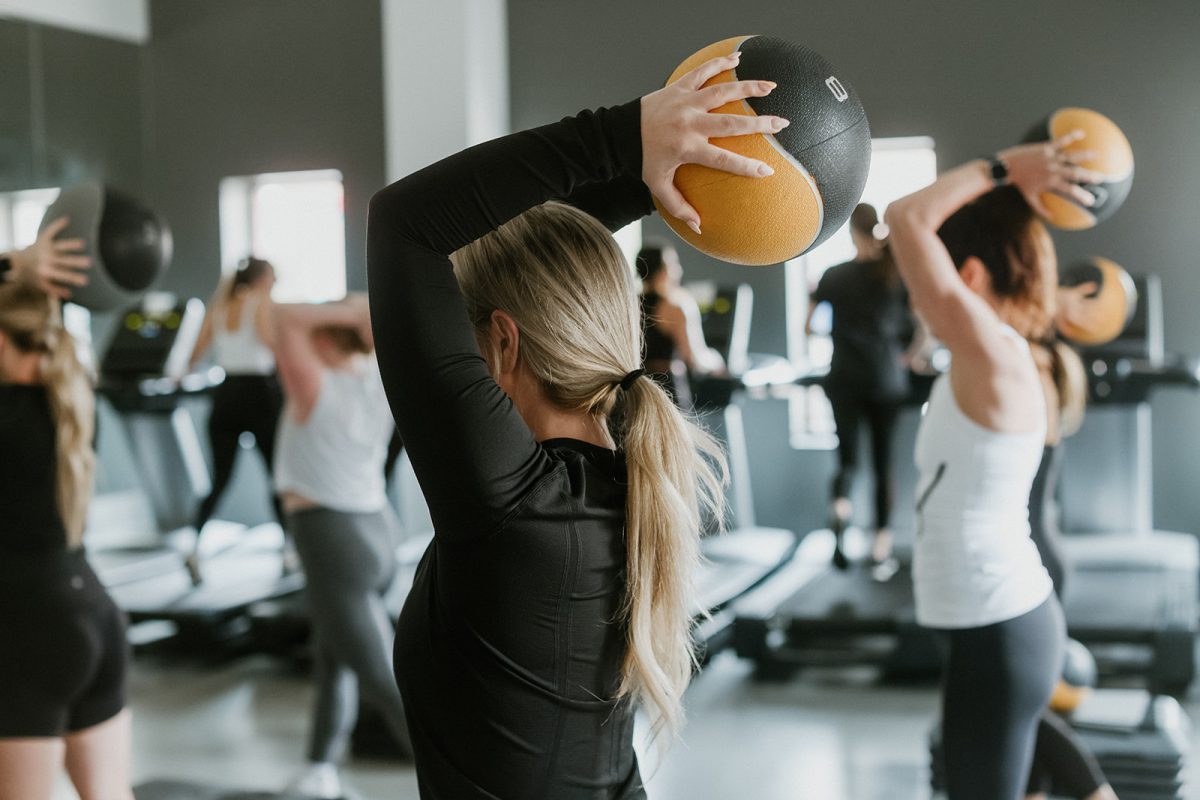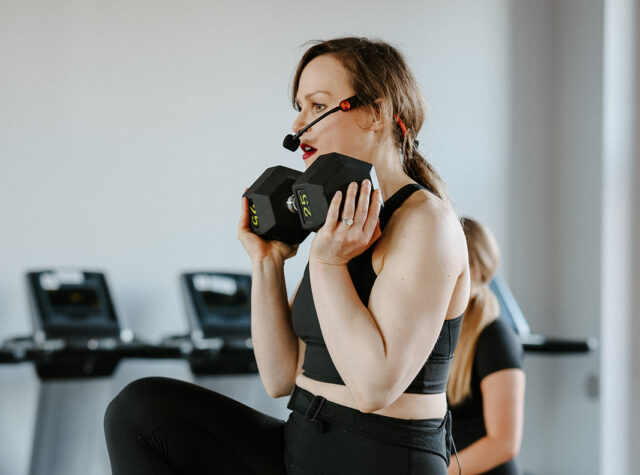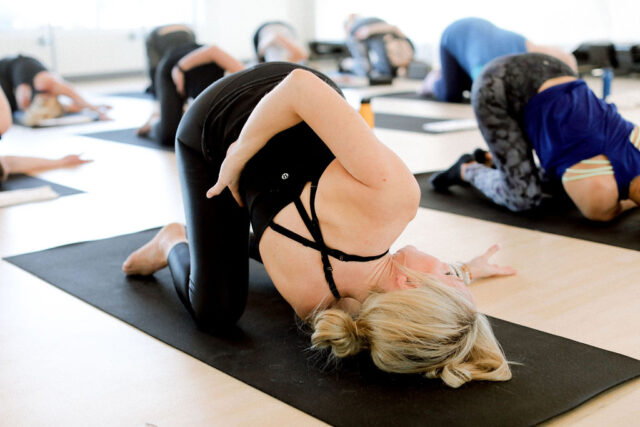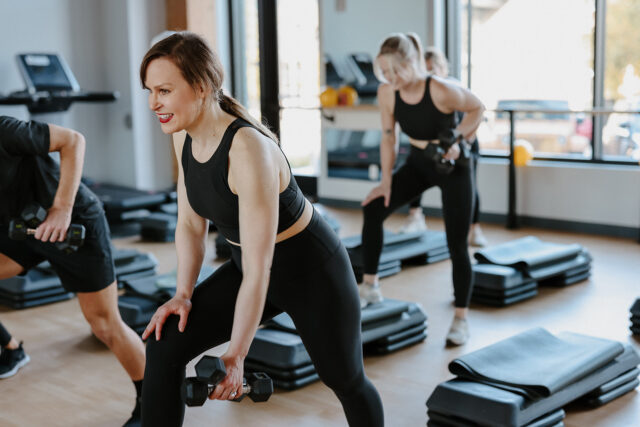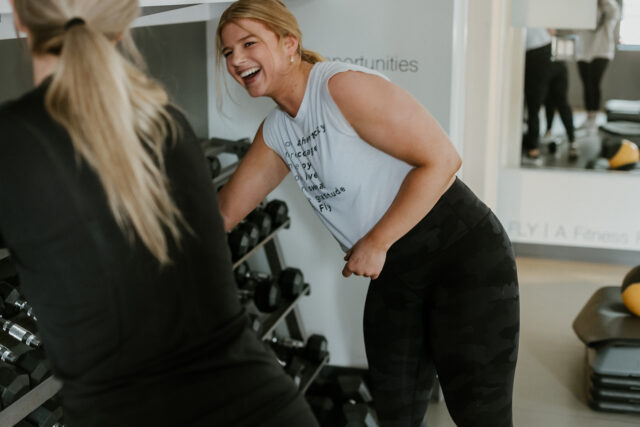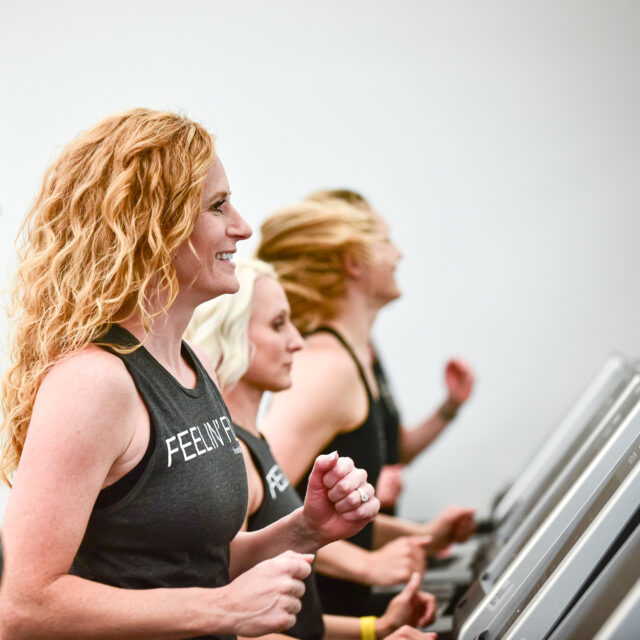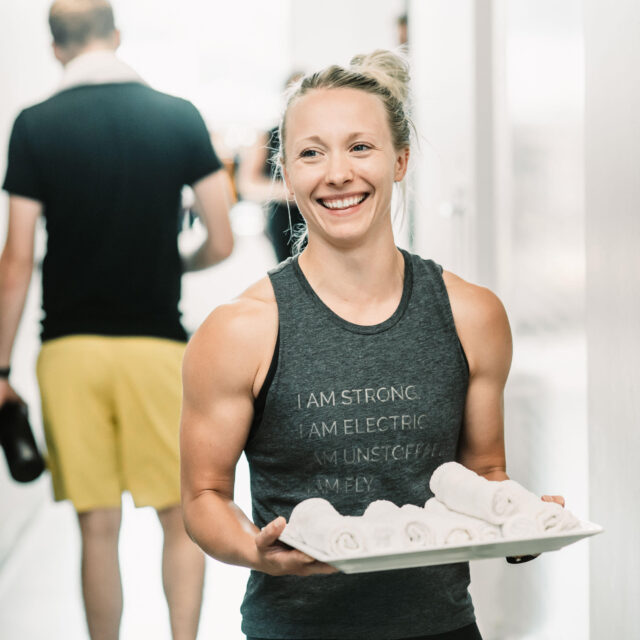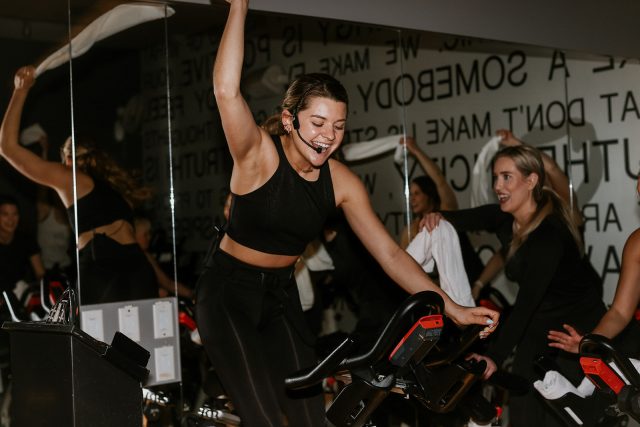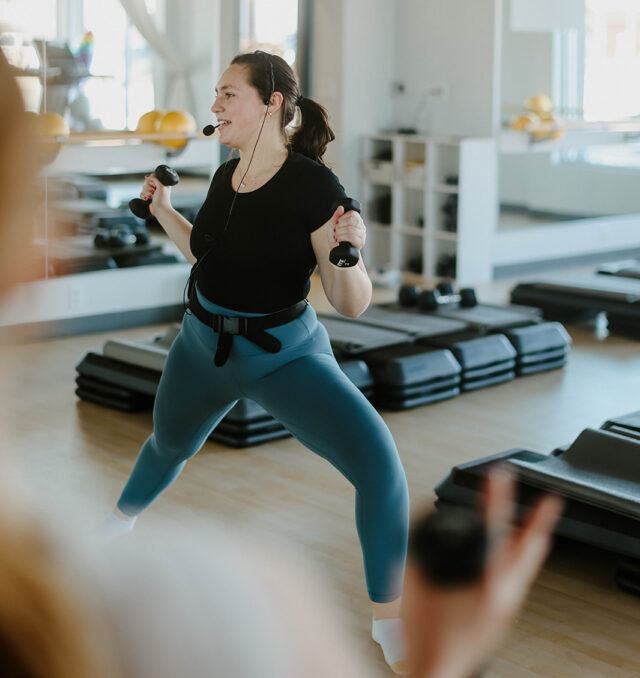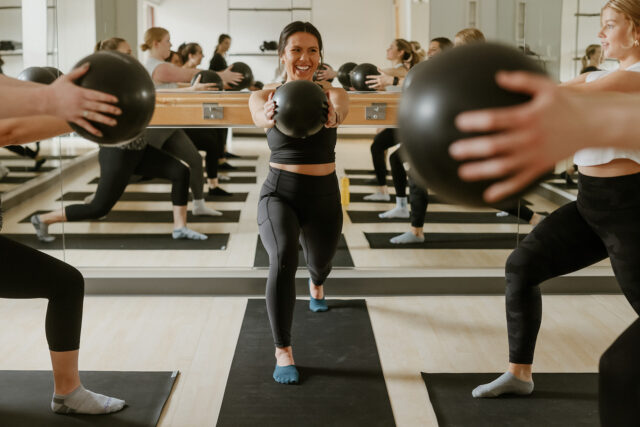The Key to Napping for Recovery
- By Dr. Jenni Bruning Brown
- September 29, 2017
We spend hours working ourselves in so many ways—on the job, at the gym and running from place to place. As a fitness instructor, I sometimes spend hours on a bike or in the studio each day, which means powering down is crucial to allow my muscles and my mind to recover. In fact, I think it’s one of the best kept secrets around for improving performance and mood!
Here are a few of my favorite napping guidelines to help you be sure you are napping for recovery.
- Keep it short. Anywhere between 20-60 minutes works best for me–but don’t make it any longer than that. Sleep research indicates that you can wake up groggy if you nap for longer than 20 minutes, but I often need an hour to feel the regenerative effects. Trust your body and see what works for you.
- Schedule your naps. Personally, I nap after lunch so that it doesn’t get in the way of my bedtime and I get much-needed rest right when I have an afternoon energy slump. Scheduling your naps for your body and at a time that works for you will ensure you get at least one or two a week.
- Set an alarm, and get up when it goes off. When you set an alarm, you won’t oversleep and you will sleep better because you won’t be anxious about waking up on time.
- Stay cool and at peace. I like to get cozy, put on something comfortable and try to relax by turning off all devices, televisions and other stimulation. The room needs to be at just the right temperature to have a good nap. Just like the three bears, you have to find what’s “just right” for you, and ensure that you really get a great nap by making the conditions feel perfect for that short time.
- Embrace resting rather than sleeping. If you only have 20 minutes to spend napping, it can be hard to fall asleep right away and maximize your time. Don’t get anxious or frustrated if you don’t immediately fall fast asleep. Know that even if you’re lying still, resting your body and clearing your mind – it’s 20 minutes well spent!
Remember that napping for recovery will not only help you feel more alert, it can improve your mood and performance as well. I know I’m often guilty of drinking another cup of coffee instead of a nap, but sleep provides muscle and memory recovery that will help you be more resilient and stronger in the long run.
